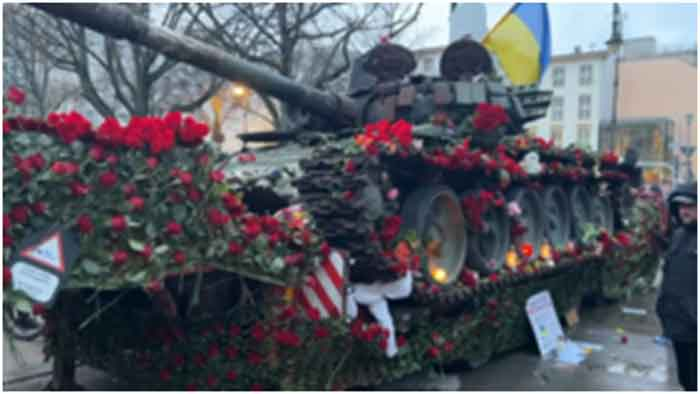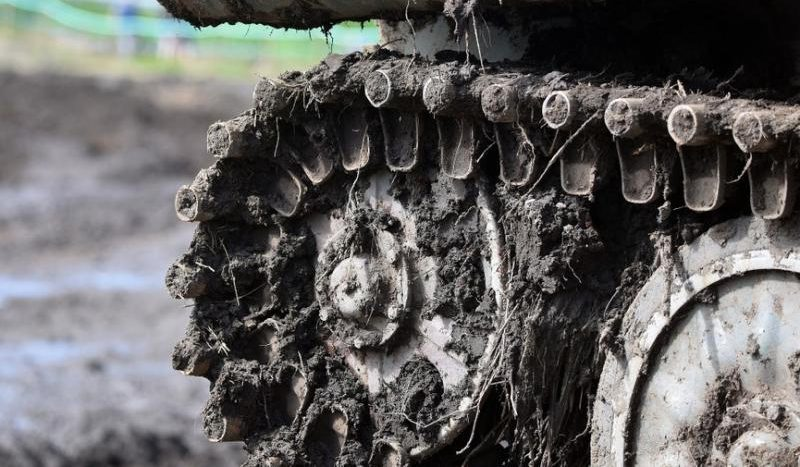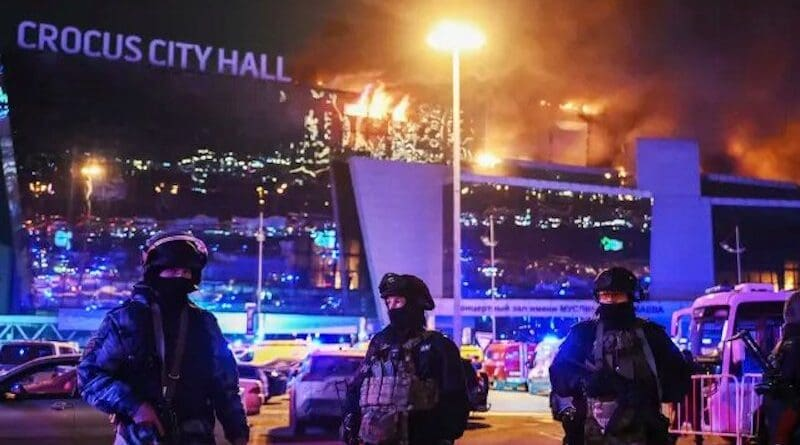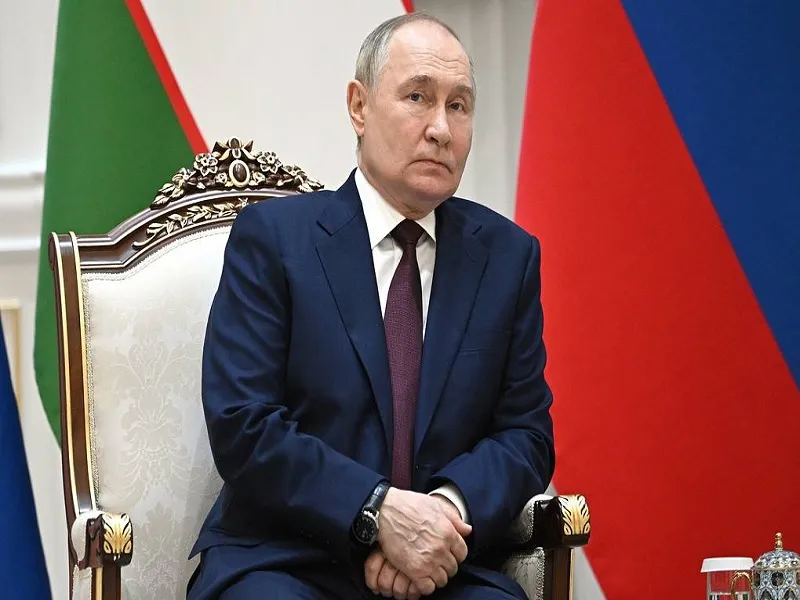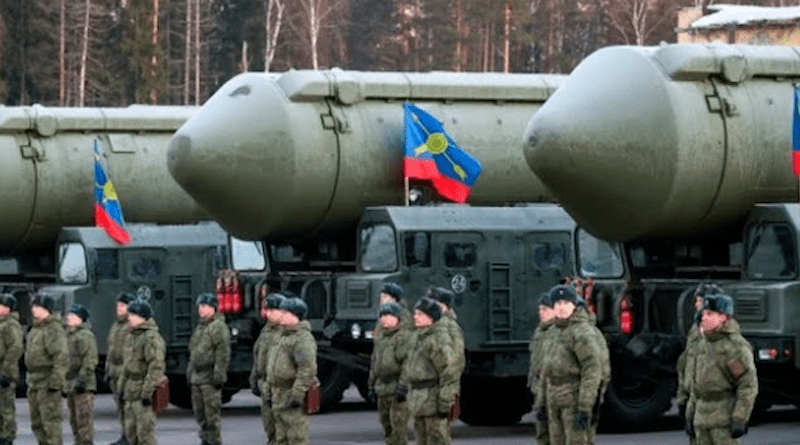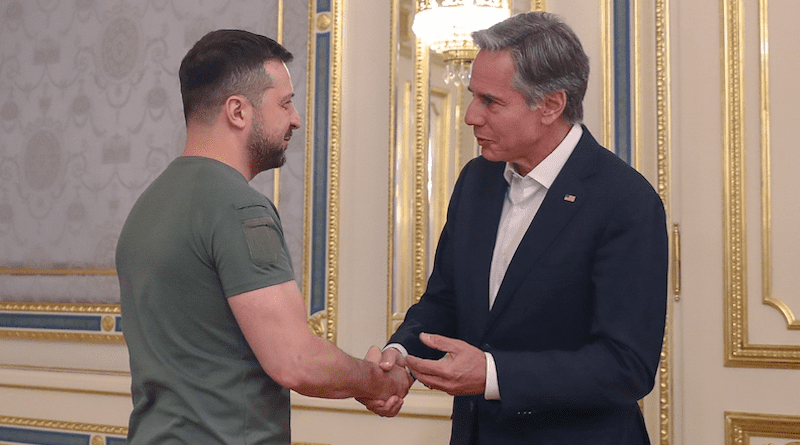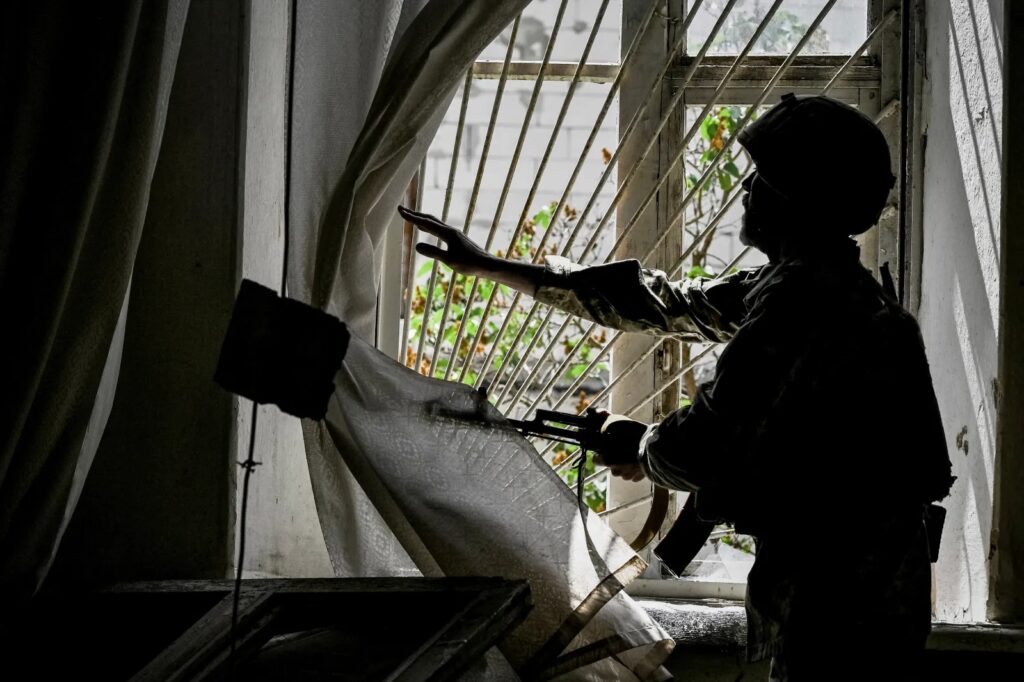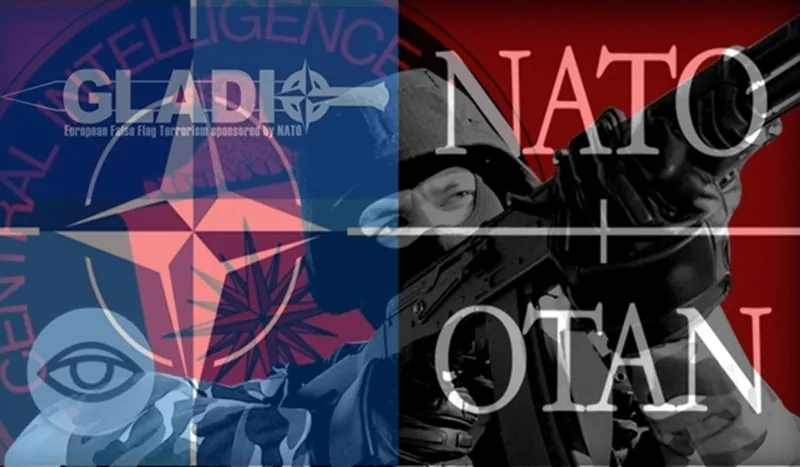Report Details US Troop ‘Land Corridors’ In Event Of European Ground War With Russia
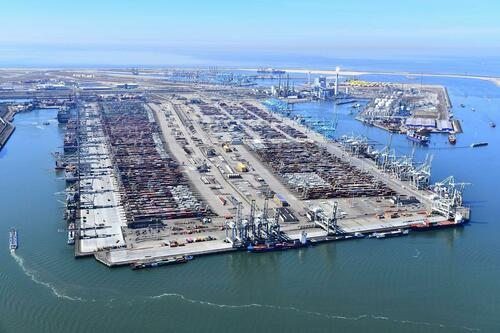
NATO has a plan in place for rapid deployment of its forces in the scenario of a future Russian attack on Europe. It includes the development of “land corridors” which can be used to rush some 300,000 troops — mostly American soldiers — to front line positions in order to defend against a Russian invasion.

